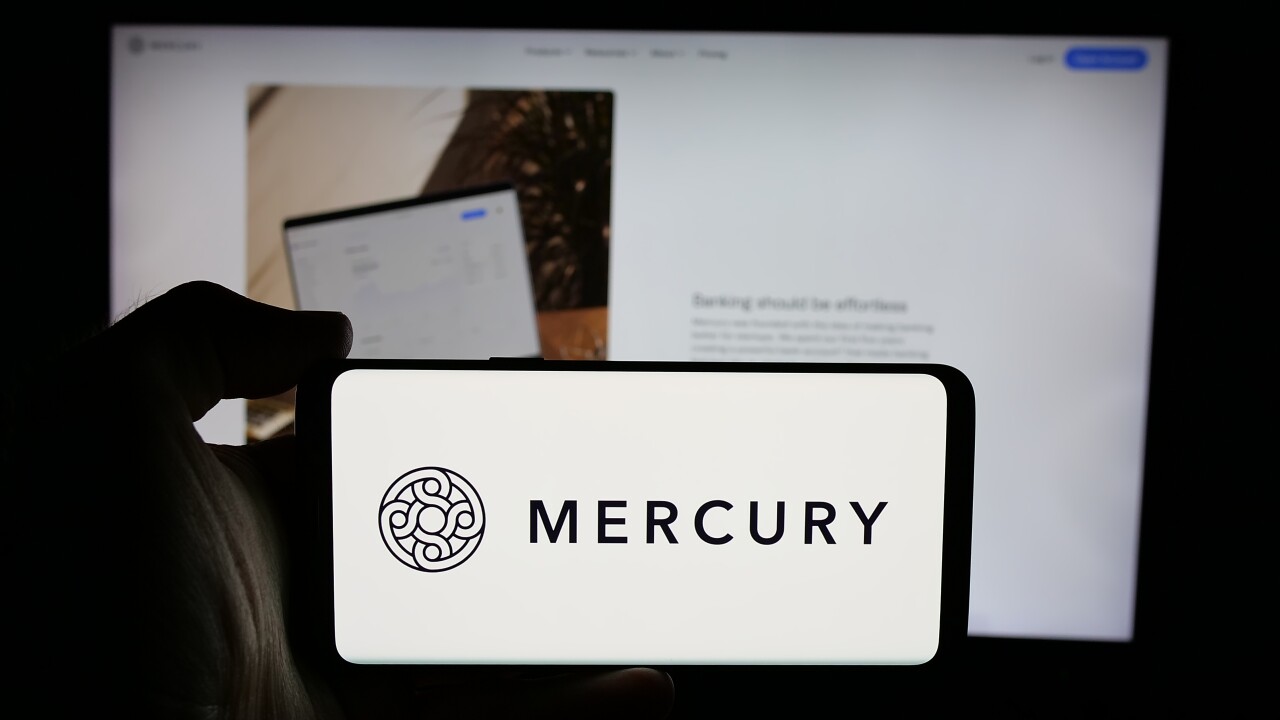WASHINGTON — The Federal Deposit Insurance Corp.’s second-highest official warned Wednesday that the deposit insurance system, while providing customers with "a sense of security," still poses moral hazard risk that can result in riskier behavior on the part of banks.
“Deposit insurance, like any insurance system, inherently invites its own abuse,” FDIC Vice Chairman Thomas Hoenig said in a speech Wednesday in Quebec City at an annual meeting of the International Association of Deposit Insurers. “That can cause unintended serious destabilizing effects on an economic system.”
Hoenig, who serves as president of the IADI, said deposit insurance serves to prevent bank runs, but he argued that without facing the possibility of a run, banks could be more prone to taking on more risk that could ultimately cost the public.

“The principal function of deposit insurance is to promote confidence in the banking system and thus financial stability. With such guarantees, depositors and creditors have no reason to run,” Hoenig said.
But, he added, “While preventing runs on solvent institutions is desirable, preventing runs at any cost on all institutions, even those that are insolvent, is not.”
"The threat of failure serves to ensure that banks remain more sensitive to risk, and it inhibits the industry from trending toward excessive risks," Hoenig said. "Without the discipline provided by depositors and other creditors inclined to withdraw their funds when they suspect a bank of being unsafe, banks have an incentive to take on such exposures. As this occurs, particularly in the largest banks, the risk is often borne by the public, which backstops the financial safety nets."
He said regulators should fight back against a moral hazard effect by implementing “good oversight through sound bank supervision, reliable capital standards, and insurance pricing that holds banks accountable for the risk profile they choose.”
"Historically, these tools, when used effectively, have proved invaluable in assuring the banking sector is deserving of the public's confidence," Hoenig said. "In good times, however, they are often strongly opposed by the industry and, worse yet, they sometimes go unused by both supervisors and insurers."





